While Africa often faces perceptions of conflict, crime, and political instability, it is home to nations known for their welcoming atmosphere, safety standards, and security measures. Here are some of the safest African countries.
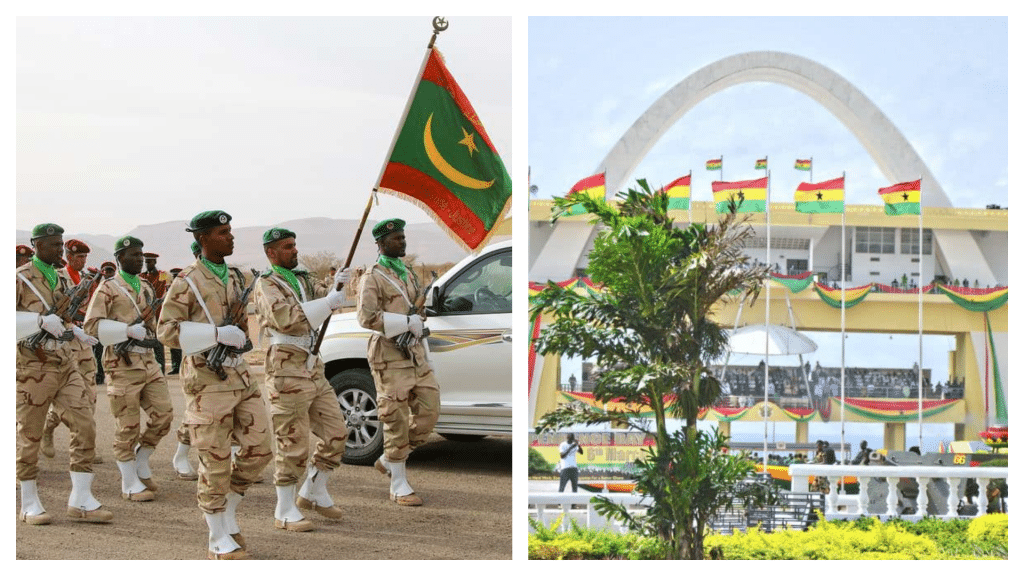
If you’re planning a visit or considering moving to Africa, keep reading to discover the ten safest African countries.
Africa, the most populous continent globally, covers over 30.3 million square kilometres (11.7 million square miles), covering 20% of Earth’s land area and 6% of its surface.
And the selected countries on this list have successfully upheld peace, stability, and low crime rates, making them destinations for investors, tourists, and migrants seeking a secure place to settle in.
10. Mauritius – an enchanting island nation

Renowned for its beautiful beaches, vibrant culture, and rich historical heritage. Situated 2,000 kilometres (1,200 miles) off the coast of the African continent in the Indian Ocean.
These stunning islands achieved independence in 1968. They have since maintained a political system, low crime rates, and a strong economy driven by textile, tourism, and financial services. This has lessened its dependence on sectors like sugar production.
9. Botswana – a role model for development
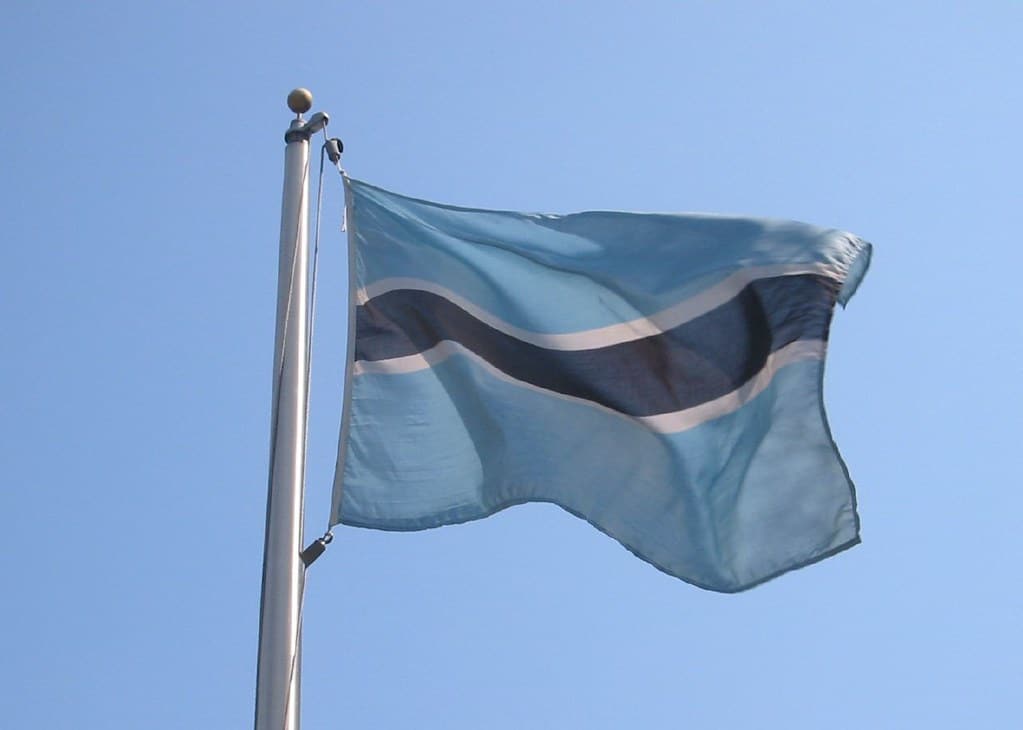
Botswana, a country renowned for its rich wildlife and natural habitats, such as the expansive Okavango Delta, boasts a firm commitment to conservation and sustainable tourism practises that significantly contribute to its economic prosperity.
Having established democracy with low levels of corruption and a peaceful society post-independence from Britain in 1966. Botswana has experienced substantial economic growth since the 1970s, primarily due to its flourishing diamond mining industry.
8. Seychelles – a country of islands
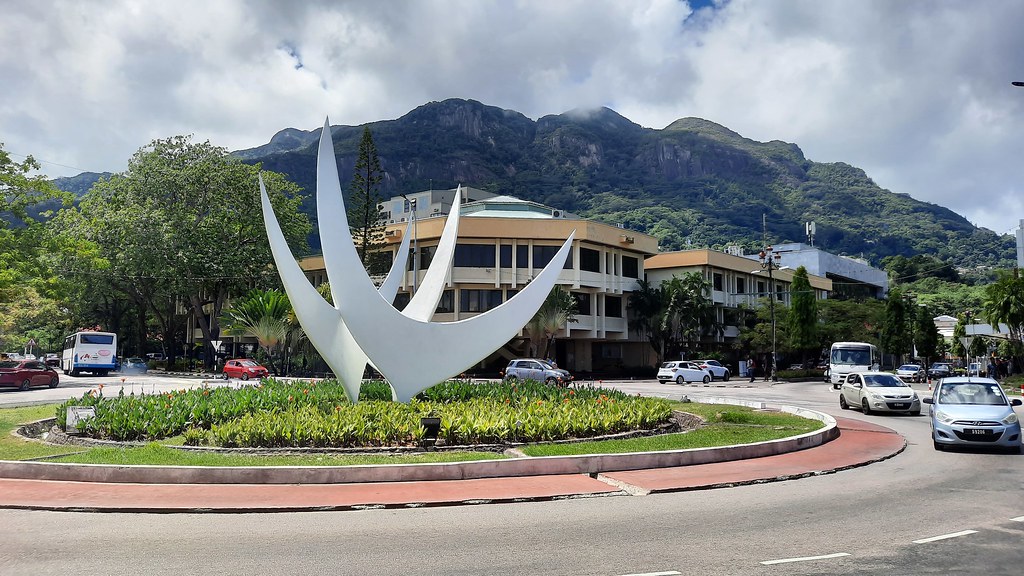
Situated in the Indian Ocean, Seychelles comprises 115 islands known for their white sandy beaches, crystal clear turquoise waters, and lush tropical scenery. The primary islands include Mahé, Praslin, and La Digue.
Regarded as one of the safest countries in Africa, Seychelles boasts a political framework, minimal crime rates, and a thriving tourism sector.
Its economy thrives on fishing activities, tourism ventures, and offshore financial services. The nation has also been investing in agriculture and renewable energy initiatives.
7. Rwanda – a complex history
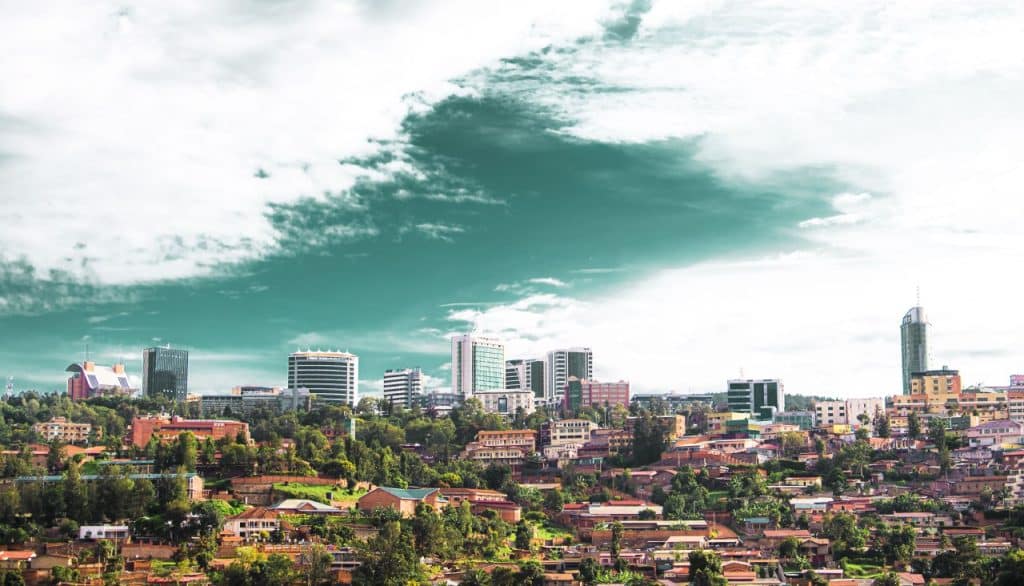
Rwanda has an intricate history shaped by colonisation, tensions, and the devastating genocide of 1994. Situated in the Great Lakes region, this landlocked country has made strides towards safety and reconciliation through reforms.
Despite its poignant past, Rwanda has emerged as a tourist destination known for its wildlife-captivating mountain gorilla treks and the vibrant green landscapes of Akagera National Park, Nyungwe Forest, and Lake Kivu.
6. Namibia – a wildlife haven
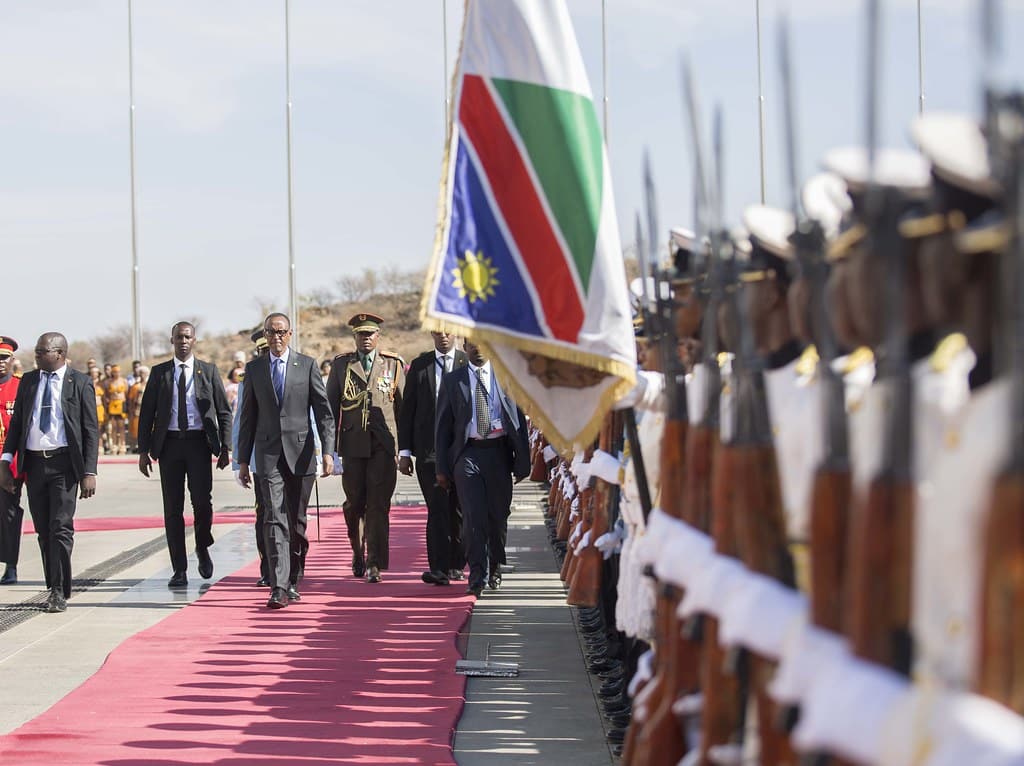
Namibia is a wildlife paradise bordered by Angola to the north, Zambia and Zimbabwe to the northeast, Botswana to the east, and South Africa to the southeast and south. The Atlantic Ocean lies to its west, which makes it a haven for wildlife species.
Having been colonised by Germany and later South Africa before gaining independence in 1990, Namibia is renowned for its safety measures, stable political transitions, and low crime rates. It attracts adventure seekers and safari enthusiasts alike.
5. Ghana – democratic tradition
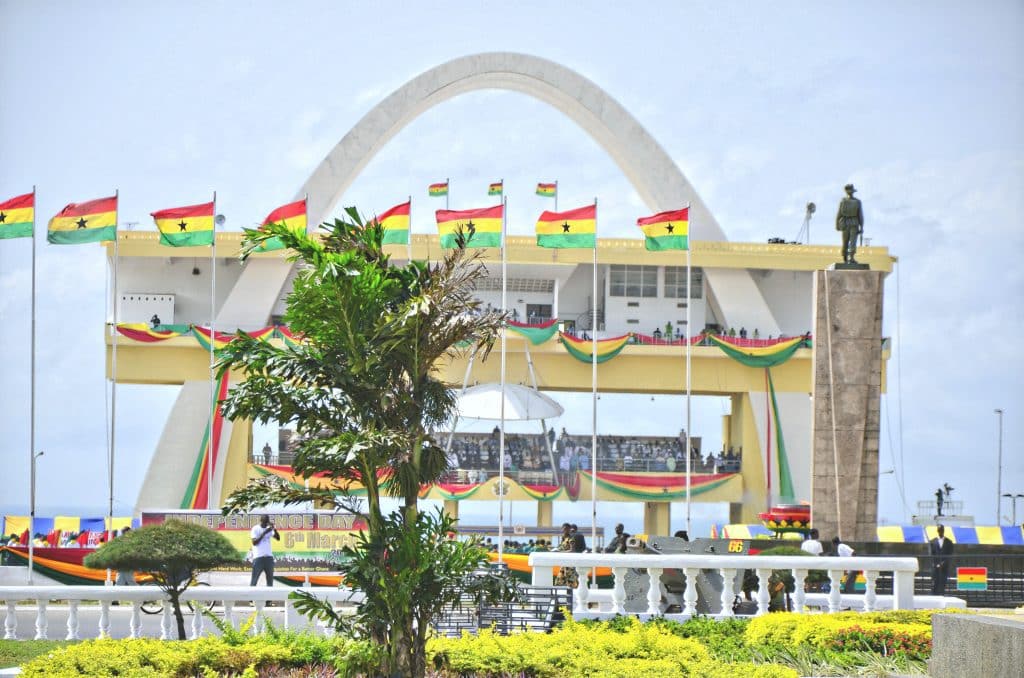
Ghana holds a legacy as the first African nation to break free from colonial rule in 1957. Its history includes empires, like the Ghana Empire, the Ashanti Empire, and the Akan Confederation, influenced by an array of over 70 ethnic groups.
Ghana boasts a strong democratic system and is experiencing rapid economic growth thanks to its abundant natural resources such as cocoa, gold, and, more recently, oil. The agricultural sector also plays a role in driving the Ghanaian economy.
Also known for its stable environment in West Africa, Ghana upholds a democratic tradition with low levels of corruption and an efficient legal system.
4. Tunisia – a blend of Arab

Tunisia is often recognised as the birthplace of the Arab Spring – a wave of protests that spread across the world in 2010/2011. Since then, Tunisia has made progress towards democracy by conducting elections and implementing a constitution.
Having been home to civilisations like the Phoenicians, Romans, Byzantines, Arabs, Ottomans, and French, Tunisia boasts a strong heritage. It is renowned for its locals, cuisine, and traditional music.
3. Mauritania – the Sahara’s marvel
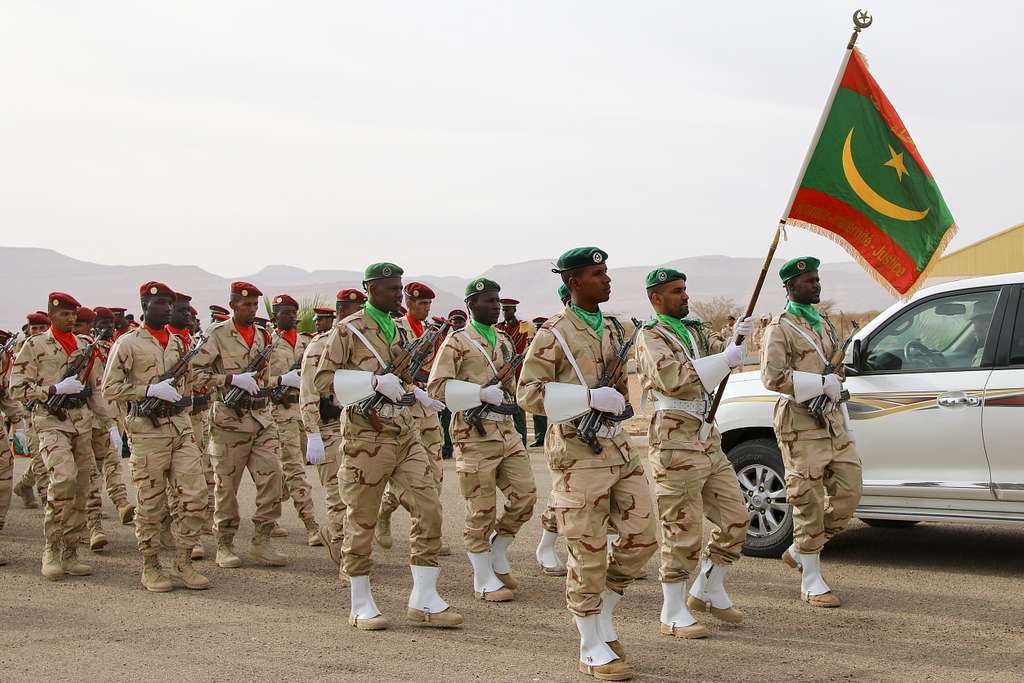
Mauritania is a country whose landscape is dominated by the Sahara Desert but is fertile in the south due to the presence of the Senegal River. Its economy focuses mainly on mining iron ore, fishing, and agriculture.
Despite being home to Saharan towns like Chinguetti and Ouadane, along with natural marvels such as the Richat Structure, also known as the “Eye of the Sahara,” tourism remains relatively low in this country.
2. Lesotho – natures masterpiece
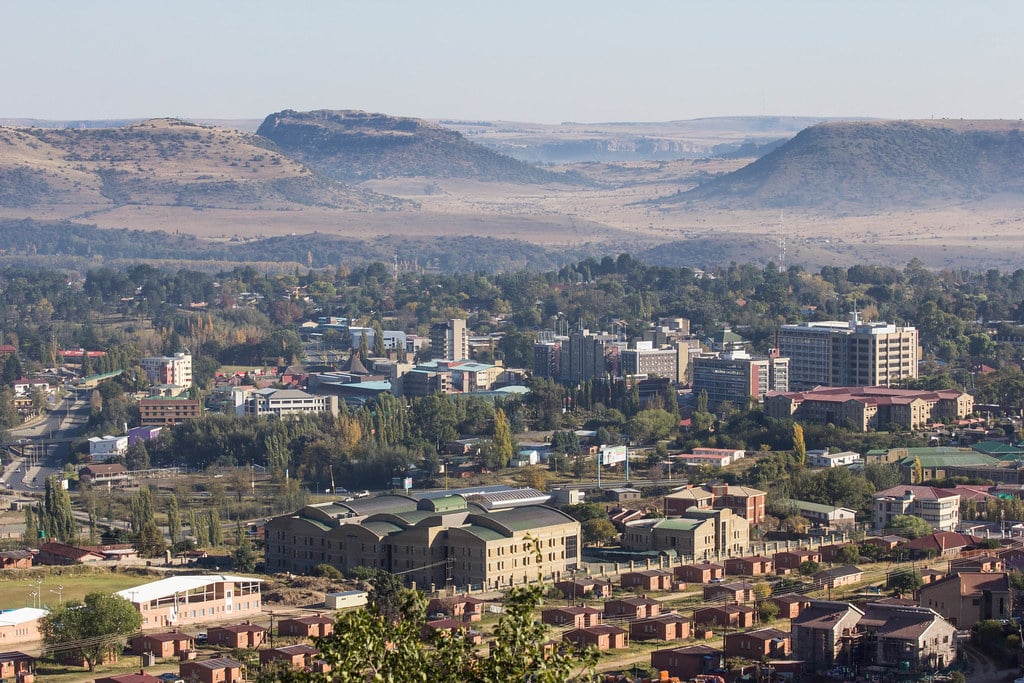
Lesotho is encircled by South Africa. It is renowned for its landscapes and breathtaking beauty. It maintains a low crime rate compared to neighbouring regions.
Officially referred to as the Kingdom of Lesotho, it was first inhabited by the San and Khoikhoi people before Bantu-speaking tribes arrived.
With much of its land situated at high altitudes, it is often dubbed the “Kingdom in the Sky.”
1. Zambia – an untouched Eden
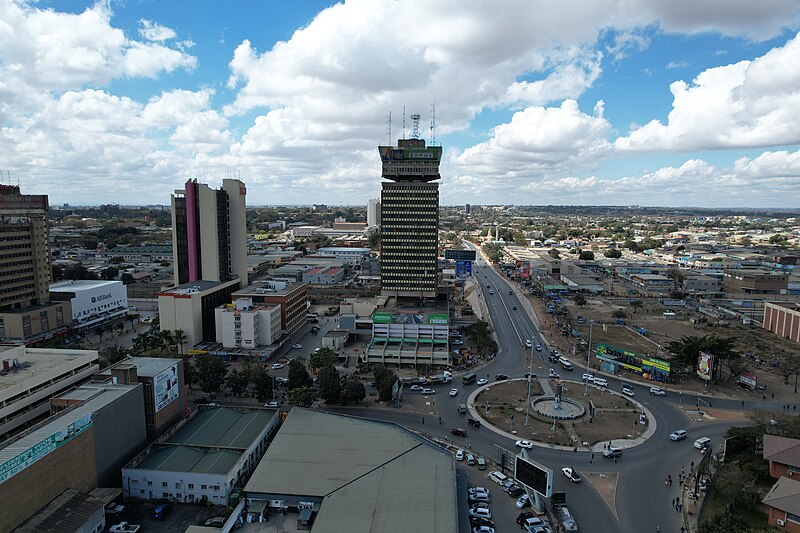
Leading our selection of the safest countries in Africa is Zambia. It was home to the Khoisan people, before experiencing Bantu expansion in the 13th century and European colonisation in the 18th century. It achieved independence in 1964.
Zambia boasts an array of treasures, such as minerals, wildlife, forests, freshwater sources, and fertile land. In 2010, Zambia was recognised by the World Bank as one of the ten countries making improvements in the Ease of Doing Business Index.
Situated in Southern Africa without access to the sea, Zambia is a destination for tourists drawn to its breathtaking natural wonders and renowned national parks that showcase wonders like Victoria Falls, one of the world’s largest waterfalls.
RELATED ARTICLE: Eight must-see African cities: the continent’s beauties

